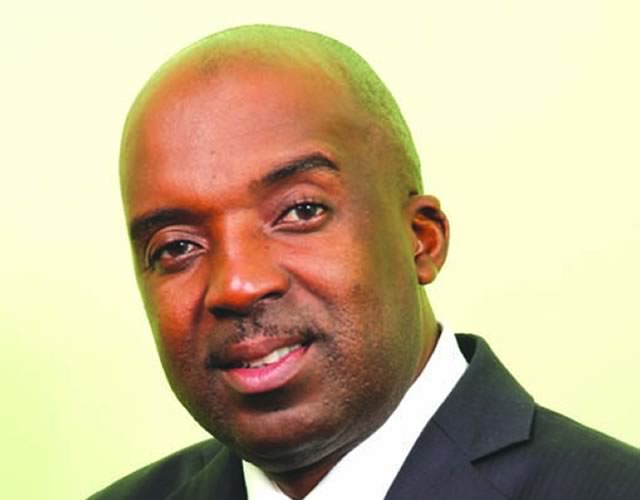
ZIMBABWE is heavily reliant on donors for the supply of medical drugs, a dire situation that needs more than $120 million to redress and address a potential crisis if the donors decide to pull out, it has emerged.
Feluna Nleya Staff Reporter
National Pharmaceutical Company (NatPharm) managing director Florah Sifeku told journalists in Harare yesterday that the organisation needed at least $120 million for recapitalisation so as to improve the local pharmaceutical sector and reduce reliance on donors for essential drugs.
She said the warehouses were full with drugs which came from donors.
“Our warehouse is full from what we are given by donors and 2% is from government which are the antiretroviral drugs (ARVs) bought by the National Aids Council (NAC),” Sifeku said.
“There has not been any procurement of medicines at all, almost 98% of the medicines in public health institutions have been supplied by donors and only 2% is from government mostly ARVs.
“For us as government, we have not bought drugs since 2009, the last time we procured was 2008 during the Zimbabwe dollar era.
“What we would want is to be given money and to buy something so that we have at least 60% of the drugs, then donors will come in with 40%.”
- Chamisa under fire over US$120K donation
- Mavhunga puts DeMbare into Chibuku quarterfinals
- Pension funds bet on Cabora Bassa oilfields
- Councils defy govt fire tender directive
Keep Reading
Sifeku said they were owed $12,5 million by government, a debt which had been accumulating since 2009.
“Government owes us $12,5 million and how do we get our money since 2009?” Sifeku said.
“It is for a service that has already been done, we have distributed and government is supposed to pay us, but government just takes on credit.
“This is what is happening, it is a challenge. If we are paid the $12,5 million we would not sing about recapitalisation as the $12,5 million will be able to do a lot of things.”
Sifeku said NatPharm had been allocated $2,5 million for recapitalisation although they had requested $15 million to start buying, adding that the $2,5 million allocated in this year’s budget had not been made available.
“If we are given money to at least buy something so that we have at least 60%, then donors will come with 40%,” she said.
Health and Child Care deputy minister Paul Chimedza acknowledged government’s indebtedness, but challenged the pharmaceutical company to come up with creative ways to procure drugs.
“We expect them to deliver the drugs to the people and in this meeting we will exercise our minds and bring to the fore some of the issues that we can do,” Chimedza said.
“We don’t want a situation in Zimbabwe where 95% of the drugs given to people are donor-funded, that’s a situation that is high risk to government.
“So we are saying that situation has to be corrected in the quickest and shortest time. We are aware of that and we are working with NatPharm to be critical in providing drugs,” Chimedza said.











